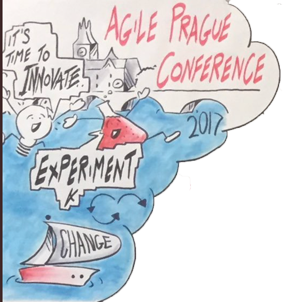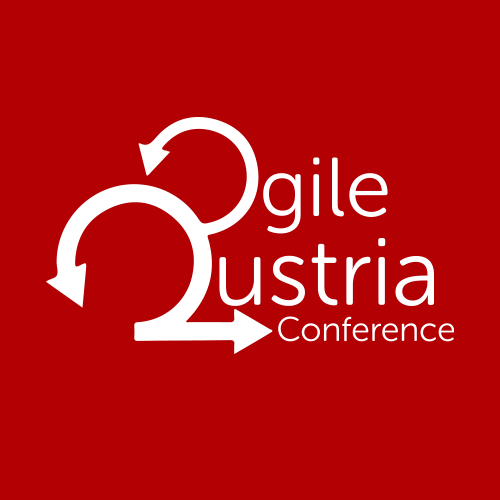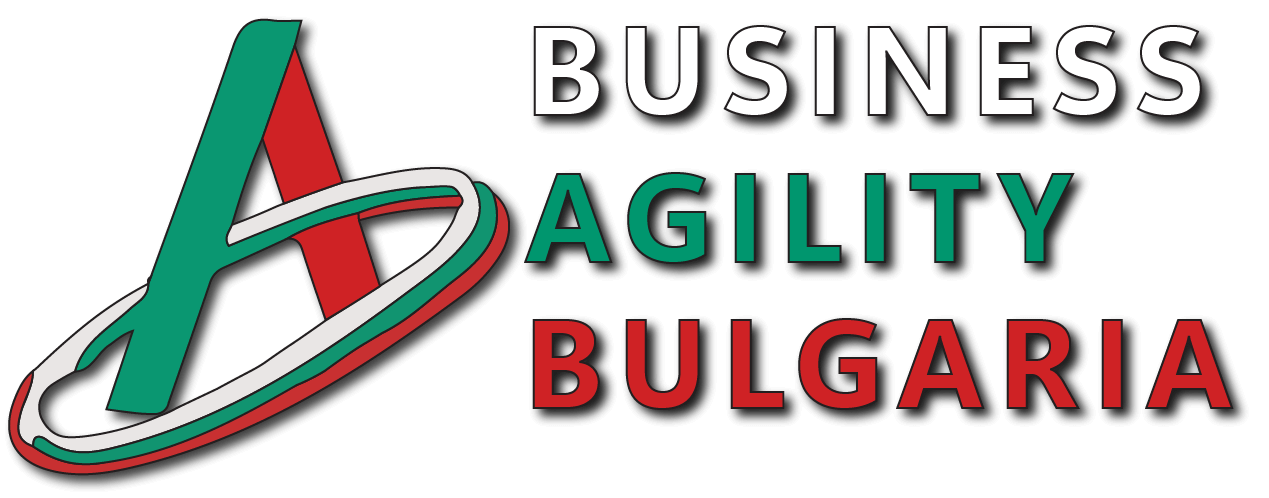Agile Prague 2024
The next year of Agile Prague Conference is going to be Sep 16-17, 2024.

Open Space
Wouldn’t it be great to go to a conference that included all of the topics that are most interesting to you? A conference that addressed your most pressing questions?
That’s what the Open Space sessions are for. It’s the part of the conference that you get to design.
Join the lunch Open Space and deepen your learning experience.
read more »
Danny (Danko) Kovatch

Danko is a seasoned veteran in the IT industry. His first steps began in 1997 when he completed 5 years of service in the Israeli army in a special elite program, where he was group manager in a computer unit. Afterwards, Danko joined a startup by the name of EagleEye, a subsidiary company of New Dimension where he was in charge of several development groups . In 2000, BMC purchased New Dimension and Eagle Eye became a business unit of BMC. In 2005, Danko was exposed to Scrum and, from that date, there was no looking back. Danko gained more and more knowledge and experience in Agile and specifically in Scrum and found himself lecturing and helping other companies to assimilate Scrum. After leaving BMC, he served as VP, R&D in several companies and, when the demand for Scrum was too much to handle in parallel, he resigned all posts and became an independent consultant. After an intensive year in which Danko lectured and assimilated Scrum for dozens of companies, he initiated AgileSparks. Danko is a well recognized international speaker with unique ways of presenting Scrum to newcomers. He is a Certified Scrum Trainer (one of the only about a 100 international trainers in the world). Danko is best known for his great enthusiasm for Scrum and his Scrum spark.
![]() DankoAgile
DankoAgile
![]() http://www.linkedin.com/pub/danny-danko-kovatch/4/104/199
http://www.linkedin.com/pub/danny-danko-kovatch/4/104/199
Author of the books:
The motivation for a tester and a coder to work together as a team
As one of the roles in scrum is the scrum team, it is expected from both the coders and the testers to work together within the sprint and produce a PSP (Potentially Shippable Product) at the end of each sprint.
One of the common basic behaviors, when shifting from a waterfall approach to an Agile approach, is to work in "mini-waterfall" in each sprint, i.e. the coders are working at the beginning of the sprint on the code while the testers are testing it at the end of it. This behavior (also known as "Scrumfall") is a common first step toward agility however it is not yet Agile and definitely not Scrum.
In this session, I am going to describe not only HOW the coder and the tester should work together as a real team but also WHY the should work this way, i.e. what is the motivation of each type of a developer (coder or tester) to work together.
If you are making your first steps in the Agile or Scrum world, already working in Scrum for a while but haven't figured it out how to work together, do not understand the benefits and motivation to work as a team or want to move to a higher level of Scrum and start working in a more mature Scrum level, where a team is in its Norming level, this session was created for you.
This session is aimed for tester, coders, any other team members as well as team leaders, managers level I, Scrum masters, scrum coaches and any high level manager who wants to understand which kind of tools the teams needs
The role of a manager in the Agile world
According to Scrum there are three main roles: Scrum team, Product Owner and of course the Scrum master. However, there is an additional obvious role which is not only crucial to Scrum but plays a major play in every framework, namely the Manager. While in old ages, the role of the manager was consisted on the Taylorism/Fordism, using the stick and the carrot for motivation, to consider the people as "resources" doing routine tasks thus making sure they are fully utilized, in the Agile world, it the almost the opposite, the tasks are creative, the stick and the carrot as a motivation method is no longer working since we are dealing with knowledge workers dealing creative tasks. Therefore, the role of a manager in the agile world had to be reinvented focusing on a new motivation method (namely A.M.P) as well as on three types areas: Vision, HR and day2Day.
If you are a manager or you want to understand what is the role of the manager in the Agile world, this session was created for you. In this session we will cover the responsibilities of the manager, the things that a manger should do and more important what a manger must not do any more.
By attending this session you will gain understanding regarding the role of a manager as well as tools in order to start the this journey.

















